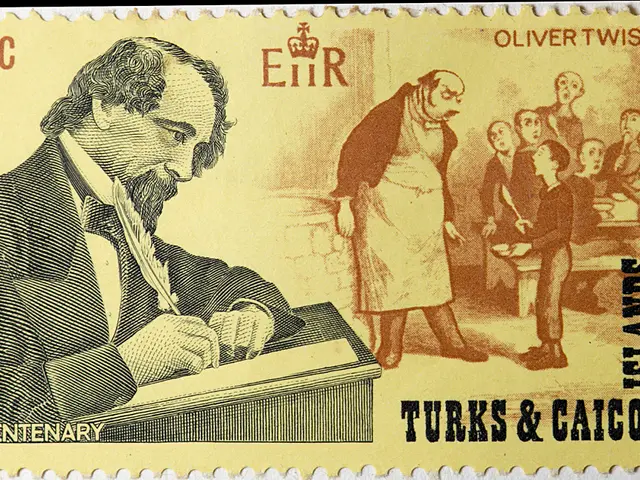Austrian Court delivers a definitive judgment
The world of video games is constantly evolving, and one of the most contentious issues in recent years has been the legality and ethics of loot boxes. These in-game purchases, found in popular titles like EA Sports FC (formerly known as FIFA), offer players a chance to obtain virtual items, often high-value characters, through a randomised process. However, the legal status of loot boxes varies significantly across the globe.
A Mixed Bag of Regulations
In some jurisdictions, loot boxes are considered a form of gambling and are either banned outright or heavily regulated. For instance, Belgium and the Netherlands have imposed bans on loot boxes, classifying them as gambling. Japan, on the other hand, does not ban loot boxes but enforces strict disclosure rules to regulate the practice.
The United Kingdom, European Union, United States, and Australia have differing approaches, with regulatory frameworks that depend on definitions and interpretations regarding gambling. The EU enforces strict licensing, taxation, and consumer protection rules around gambling but does not have a unified ban specifically for loot boxes; member states may have their own regulations.
Regulatory Bodies Take Action
Ireland is actively considering new gambling regulations under the Gambling Regulation Act 2024, which includes scrutiny of game mechanics like loot boxes for manipulative design, with regulators signaling potential future enforcement actions. In India, a proposed bill may ban pay-to-play games, including loot boxes, though it has faced significant industry opposition and legal challenges.
Ongoing Debate and Developments
Recent developments worldwide reflect growing concern that loot boxes may blur lines between gaming and gambling, prompting regulatory bodies to either ban them, require transparency, or consider tighter controls. However, no universal global standard exists yet, with approaches ranging from prohibition to disclosure requirements and safeguarding consumer rights under broader gambling laws.
The Case of EA Sports FC 25 and the Higher Regional Court of Vienna
The legal status of loot boxes in video games has been further highlighted by a recent ruling by the Higher Regional Court of Vienna (OLG Vienna) regarding loot boxes in EA Sports FC (better known as FIFA 24). The court ruled that the loot boxes in the game are not considered gambling, a decision that is not yet legally binding. The plaintiffs have announced their intention to appeal the ruling, and the Supreme Court must now decide whether loot boxes should be considered gambling.
Global Perspective
In Spain, a legislative procedure to ban loot boxes is ongoing. Loot boxes have been a subject of discussion and legislation worldwide, with some countries like Belgium and the Netherlands having already imposed bans, while others, like Japan, enforce strict disclosure norms. The landscape remains dynamic as governments continue to assess the consumer protection and gambling risk implications of loot boxes in video games.
| Jurisdiction | Legal Status of Loot Boxes | Notable Actions | |---------------------|------------------------------------------------------------|------------------------------------| | Belgium | Classified as gambling and banned | Prohibition | | Netherlands | Classified as gambling and banned | Prohibition | | Japan | Strict disclosure norms, no ban | Mandatory transparency | | UK & EU (general) | Regulated under gambling laws; no outright bans | Licensing, consumer protections | | Ireland | Monitoring and potential enforcement under recent Acts | Gambling Regulation Act 2024 | | India | Proposed bill may ban pay-to-play games including loot boxes | Industry opposed; pending legal challenges |
This landscape remains dynamic as governments continue to assess the consumer protection and gambling risk implications of loot boxes in video games.








